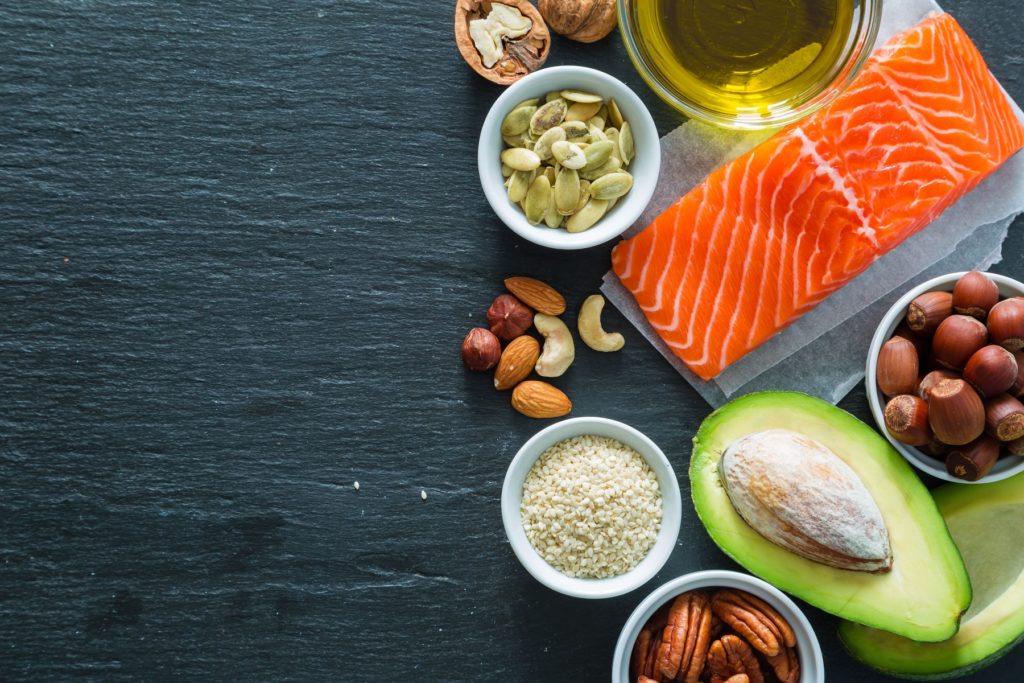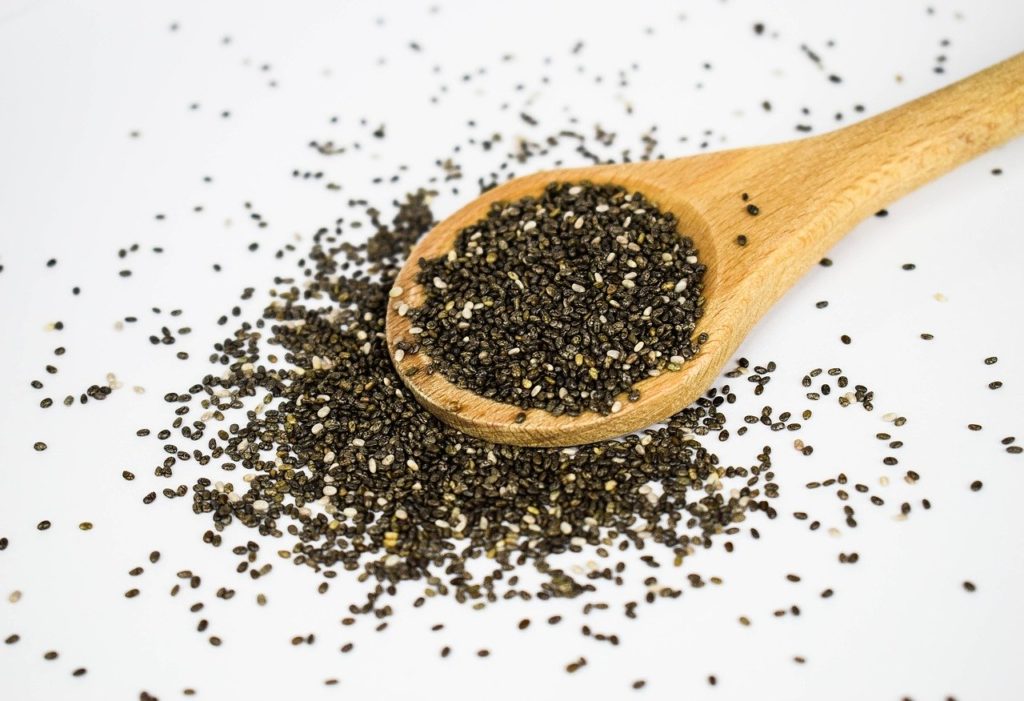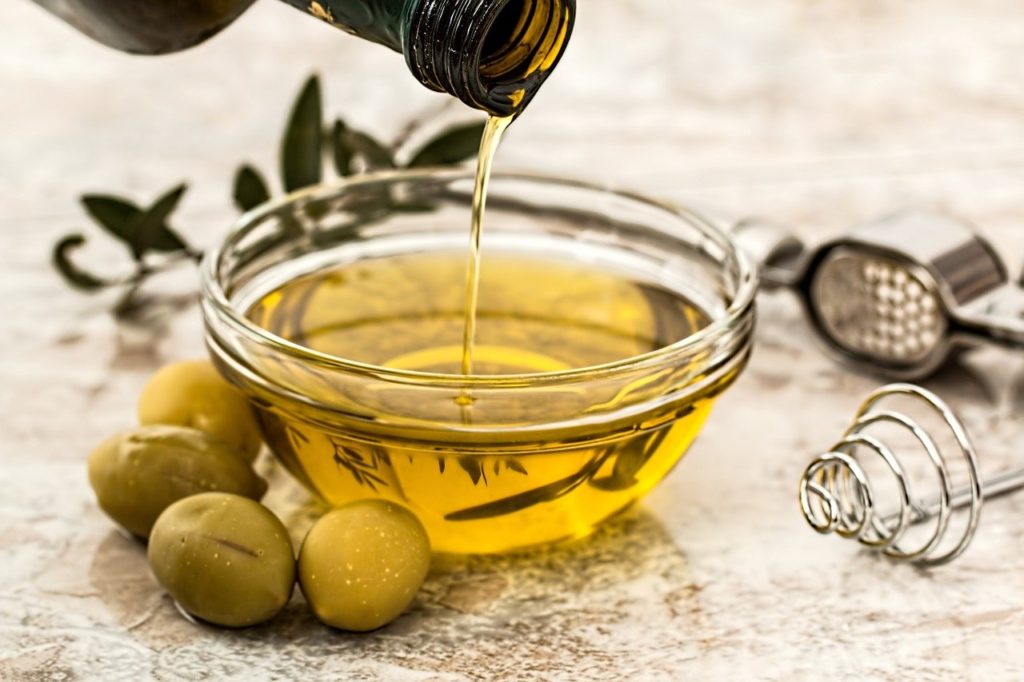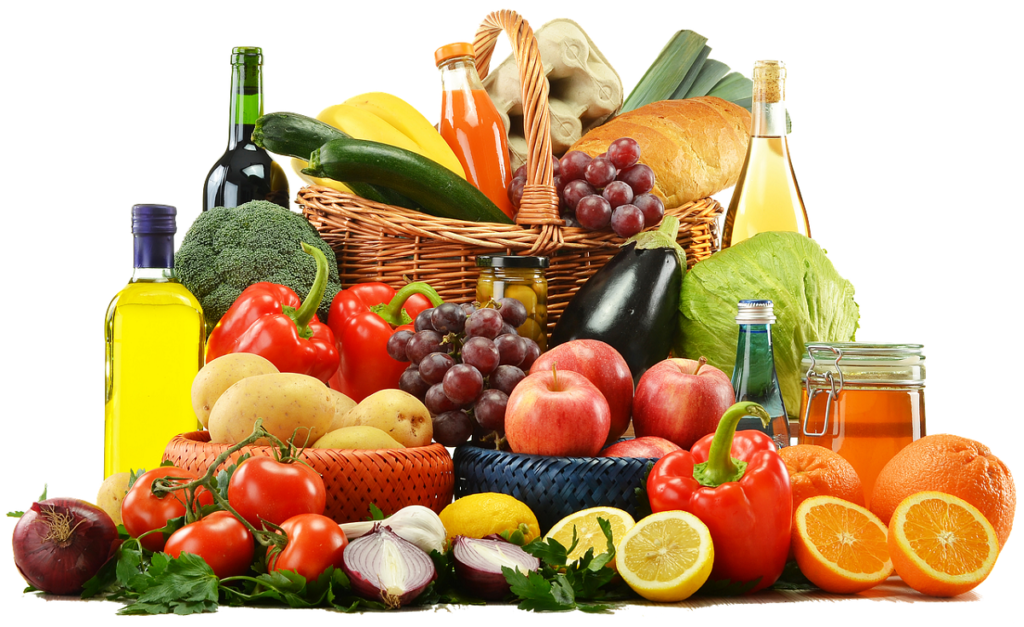Every time you subject your body to a bout of exercise, you are causing inflammation to your muscles. Acute, short lasting inflammation helps wounds heal and enhances exercise induced muscle changes that improve strength and performance.
However, chronic inflammation has been linked with type 2 diabetes, heart disease, some cancers and strenuous, prolonged exercise. Like much in life, some inflammation is good but more is not better.
The good news is that we can help to control chronic inflammation by paying attention to rest and recovery after exercise and to good nutrition.
So, what are the nuts and bolts of an anti-inflammatory diet? Very simply, it’s a diet based on whole, minimally processed food which includes healthy fat.
If you’re a regular fitness enthusiast, your body will be continually subjected to stresses that it needs to recover from between bouts of exercise. If you eat the right foods, this can help the body jump back into form quicker.
Getting Healthy Fat
Omega 6 fatty acids have an inflammatory effect in the body and are required for good immune function and are essential for the development of healthy cell membranes.
The 3 most researched and well known omega fats are:
- ALA (alpha linolenic acid)
- EPA (eicosapentanoic acid)
- DHA (docosahexanoic acid)
The Western and Singaporean diet is plentiful in omega 6 and we rarely need to pay attention to eating enough. However, it is low in omega 3, so focus should be to actively eat more omega 3 rich foods.
ALA can be converted into EPA and DHA in the body, however, this is an inefficient process and it is advisable to eat foods which are naturally rich in EPA and DHA as well.

Increase Omega 3 intake by eating oily fish
Eat a small portion once or twice a week. Salmon, trout, fresh tuna, herring, sardines and mackerel are all high in EPA/DHA. The canning process reduces the amount of omega 3 in tuna, but canned sardines, mackerel and pilchards remain rich in omega 3.
If you do not eat fish, you can consider a supplement that contains 1000mg DHA and EPA (combined amount) daily.
Other Foods Rich in Omega Fats
Fats and Oils rich in ALA
- Rapeseed oil: Use it for high temperature cooking
- Flaxseed oil is richest of all in ALA. Do not heat but use for dressings. If the taste is too strong, make a dressing with part olive oil

Seeds rich in ALA
- Flaxseeds: add 1 tablespoon (25g) of ground flaxseed to breakfast cereal, muesli and oatmeal.
- Chia seeds: make puddings and add them to smoothies
Beef
- The meat from cattle fed on grass (rather than grain) has a better omega 3 to omega 6 balance.
Other Food Groups of Note
- Sugar
Sugar and refined carbohydrates such as white bread and rice require little digestion resulting in a sharp increase in blood glucose levels, swiftly followed by a steep rise in insulin, which promotes inflammation. Keep sugar and refined carbohydrate for fuelling immediately before and during runs lasting longer than 60 minutes, and if you do choose to have something sweet at other times, enjoy it for what it is, an occasional treat.
- Magnesium
Low magnesium is linked to chronic inflammation, so make a point of regularly eating nuts and seeds, dark green leafy vegetables, avocado, oily fish and black beans.

- Olive Oil
Extra virgin olive oil contains oleocanthal, which blocks enzymes that cause inflammation. This can be used as a salad dressing or as a marinade for meats.
- Turmeric and Ginger
These are traditionally eaten for their anti-inflammatory properties, and are used to season many Asian dishes.
- Fibre
C-reactive protein (CRP) is an indicator of inflammation. Studies show that dietary fibre reduces CRP in the blood.

Tips for Increasing Fibre Intake
- Eat two or three portions of fruit daily.
- Eat five portions of vegetables daily. Fill half your plate with vegetables at a meal.
- Eat whole grains at least half of the time. If you regularly eat meals out it is particularly important to have whole grains at home.
- Include pulses in four meals during the week. e.g. lentil soup, hummus, chilli con carne, or replace half the meat in a curry with beans






Comment (0)